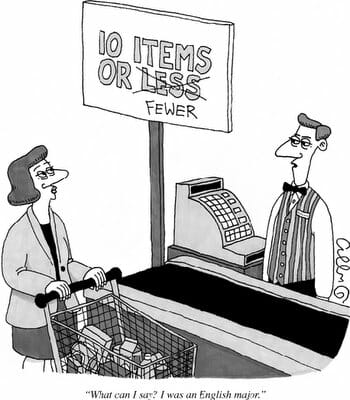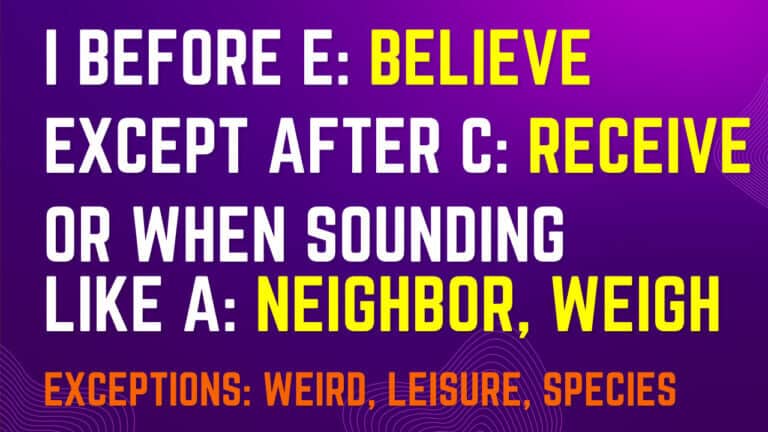 This is a guest post from Matt Dancis. He writes for Language Trainers, a language tutoring company that teaches any language, anytime, anywhere. It has native speaking instructors throughout the world who give customizable private or small group classes either in person or on Skype. Take one of their free English level tests. Matt is from Philadelphia and has spent the past several years living in Argentina and Colombia splitting his time between writing and teaching English. To contact Matt with any questions, email him.
This is a guest post from Matt Dancis. He writes for Language Trainers, a language tutoring company that teaches any language, anytime, anywhere. It has native speaking instructors throughout the world who give customizable private or small group classes either in person or on Skype. Take one of their free English level tests. Matt is from Philadelphia and has spent the past several years living in Argentina and Colombia splitting his time between writing and teaching English. To contact Matt with any questions, email him.

Describing quantity
An uncountable noun is a noun that cannot be pluralized. When we describe quantity for an uncountable noun, we use different phrasing than if we are talking about a countable noun, which is a noun that can be pluralized.
When we describe a large quantity for an uncountable noun, we use the word “much.” For example, money is an uncountable noun. When you want to say you have a large quantity of money, you would say, “I have so much money.”
When we describe a small quantity for an uncountable noun, we use the word “little.” For example, one may say, “I have very little money left over after paying rent.”
When we are talking about a large quantity for a countable noun, we say “many.” For example, dollars is a countable noun. One would say, “I have many dollars in my wallet.”
To talk about a small quantity for a countable noun, we use the word “few”. For example, we’d say, “I only have a few dollars with me today.”
Notice that the uncountable noun “money” is the same, regardless of the quantity. With the countable noun dollar, we use dollar (singular) and dollars (plural).
Making comparisons
When making comparisons, we also use different words with countable vs. uncountable nouns.
When we say that one group of uncountable nouns is of a smaller quantity than another, we use the word “less”. For example, you could say, “I make less money than my boss.”
But when we are talking about countable nouns to say that one group is of a smaller quantity than another, we would say the word “fewer”. For example, “I have fewer dollars than my brother.”
When describing a group of items that has a greater quantity than another, we use the same word for countable and uncountable nouns. We just say “more.” For example, I have more money than you,” or, “I have more dollars than you.”
To get the hang of using each term correctly, make a list of countable and uncountable nouns. Then write a list of sentences, first just using much, little, many, and a few. Then make another list using the comparative terms (less and fewer), using those same words from the first exercise.
“10 items or less” is not correct!
If you walk into any grocery store in the United States, and you will see a sign that says “10 items or less” for the fast checkout lanes. This is wrong – it should be “10 items or fewer” because “items” is a countable noun.
This goes to show you that even native English speakers sometimes break the rules of English grammar!









